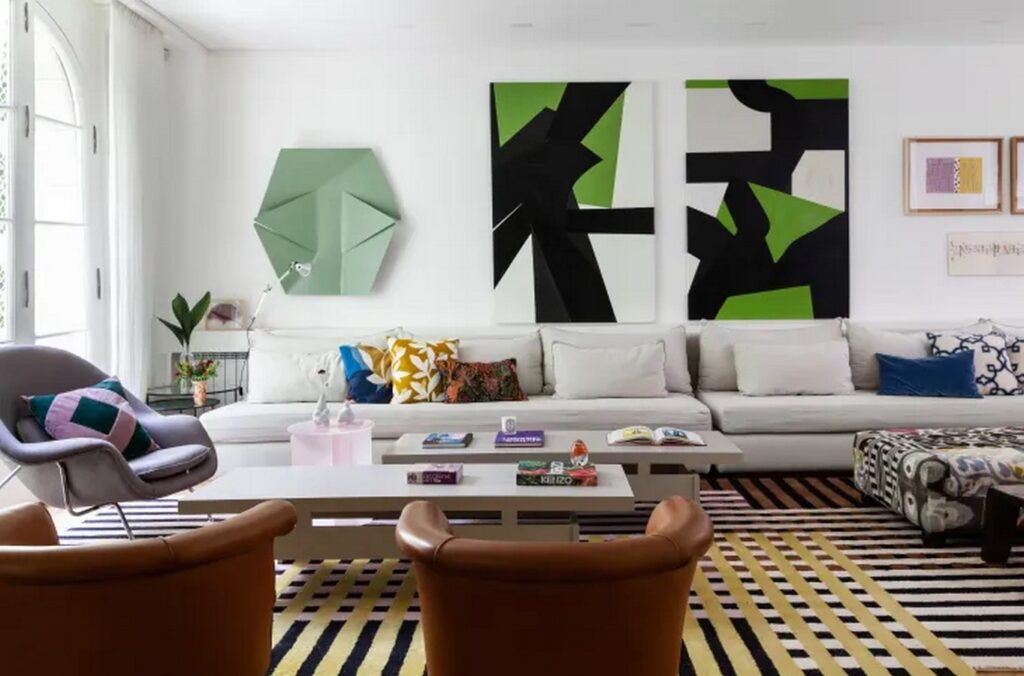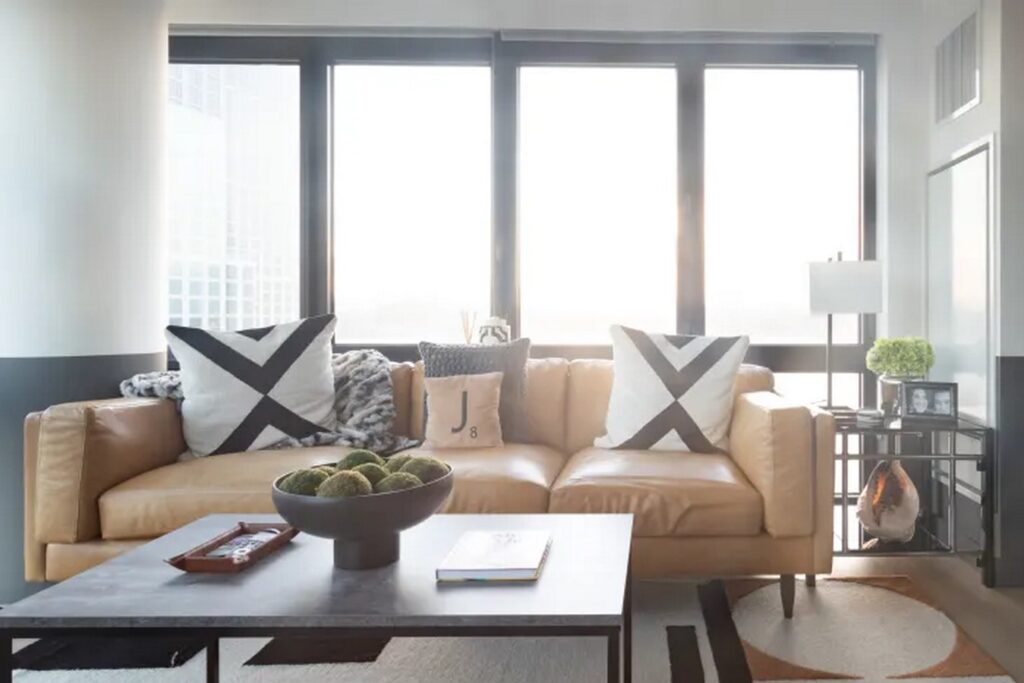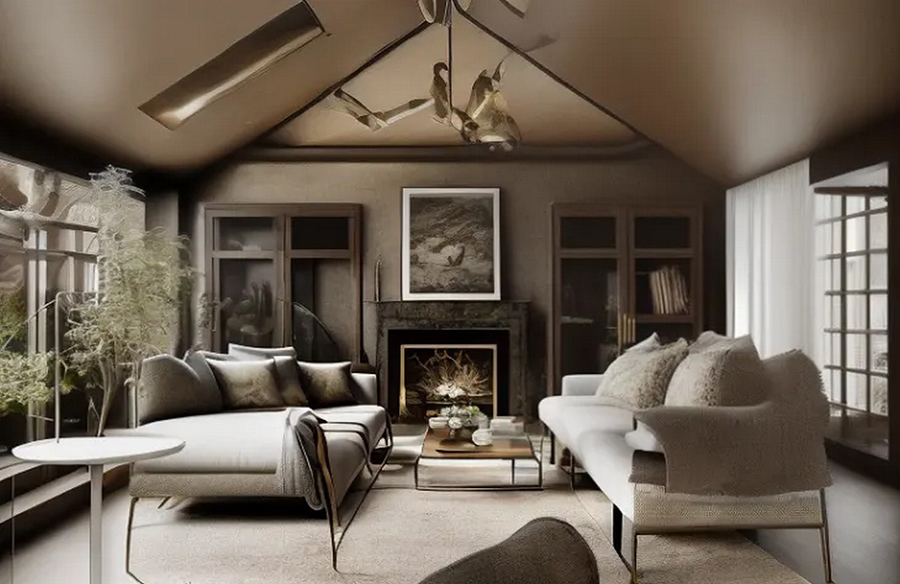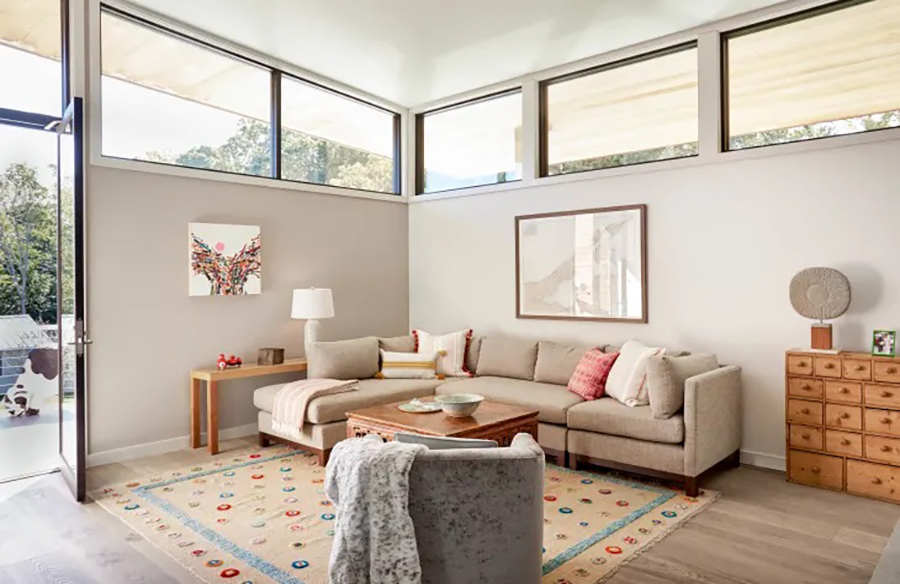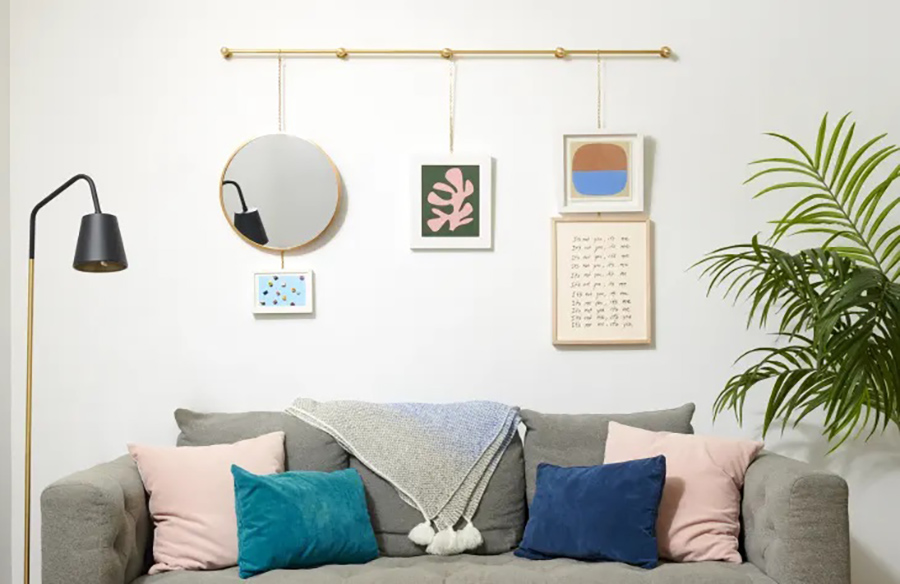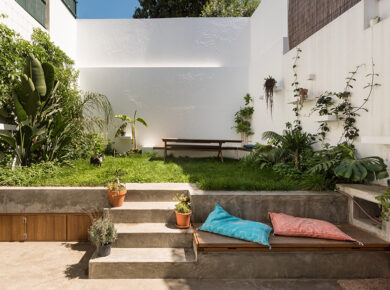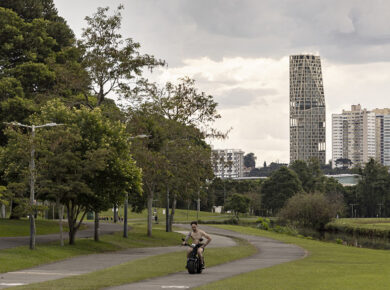Embarking on a major design or renovation project can feel overwhelming, with numerous tasks and decisions to manage. Design professionals understand the challenges of navigating through these projects without succumbing to fatigue. Here, experts share their top strategies for maintaining enthusiasm and managing tasks effectively throughout the process.
Set Realistic Expectations and Pace Yourself
Keyanna Bowen from East & Lane emphasizes the importance of setting realistic timelines for projects. Doubling or tripling initial estimates helps alleviate pressure and allows for flexibility in scheduling. Drew Michael Scott of Lone Fox suggests breaking down projects into smaller, manageable goals, adjusting timelines based on availability and workload.
Proactive Planning and Communication
Avery Cox advises proactively communicating with contractors or designers to anticipate upcoming decisions and requirements. Requesting structured communication, such as batching questions and decisions, prevents information overload and ensures thoughtful responses. Taking breaks to seek inspiration outside of project details keeps motivation high and energy levels sustained.
Utilize Physical Trackers and Limit Inspiration Consumption
Physical trackers, such as cloud-based documents or spreadsheets, help keep projects organized and on schedule, according to Cox. Limiting exposure to design-related content prevents decision fatigue and scope creep. Celebrating small milestones, such as finalizing paint colors or receiving furniture deliveries, reinforces progress and maintains motivation.
Harness the Power of Design Tools and Mood Boards
Platforms like Pinterest and Milanote offer valuable tools for project planning and organization, notes Scott. Creating mood boards enables designers to visualize concepts and share ideas with clients effectively. Annie Downing of Lex & Hudson Interiors emphasizes the importance of inspiration boards in driving the design process forward.
Manage Shipping Delays Effectively
To mitigate shipping delays, create tracking sheets to monitor orders and follow up with suppliers, suggests Bowen. Proactive communication with manufacturers expedites the process and provides reassurance during waiting periods. Flexibility in exploring alternative options ensures project momentum and prevents disruptions.
Maintain Perspective and Flexibility
Olivia Wahler of Hearth Homes Interiors advises maintaining perspective during delays by focusing on the overall project vision. Adjusting expectations and exploring alternative solutions alleviate pressure and foster creativity. Bowen emphasizes the importance of patience and adaptability in navigating project challenges.
Personal Strategies for Overcoming Design Hurdles
Designers acknowledge the unique challenges of managing personal projects, such as decision fatigue and conflicting design preferences. Cox emphasizes the need for patience and self-compassion when designing personal spaces. Bowen appreciates the freedom to curate her home over time, allowing for a more meaningful and authentic design process.
Conclusion
Navigating design and renovation projects requires careful planning, effective communication, and adaptability. By implementing proactive strategies, maintaining enthusiasm, and leveraging design tools, homeowners can successfully manage projects without succumbing to decorating fatigue. With patience and creativity, every design hurdle becomes an opportunity for growth and innovation.


